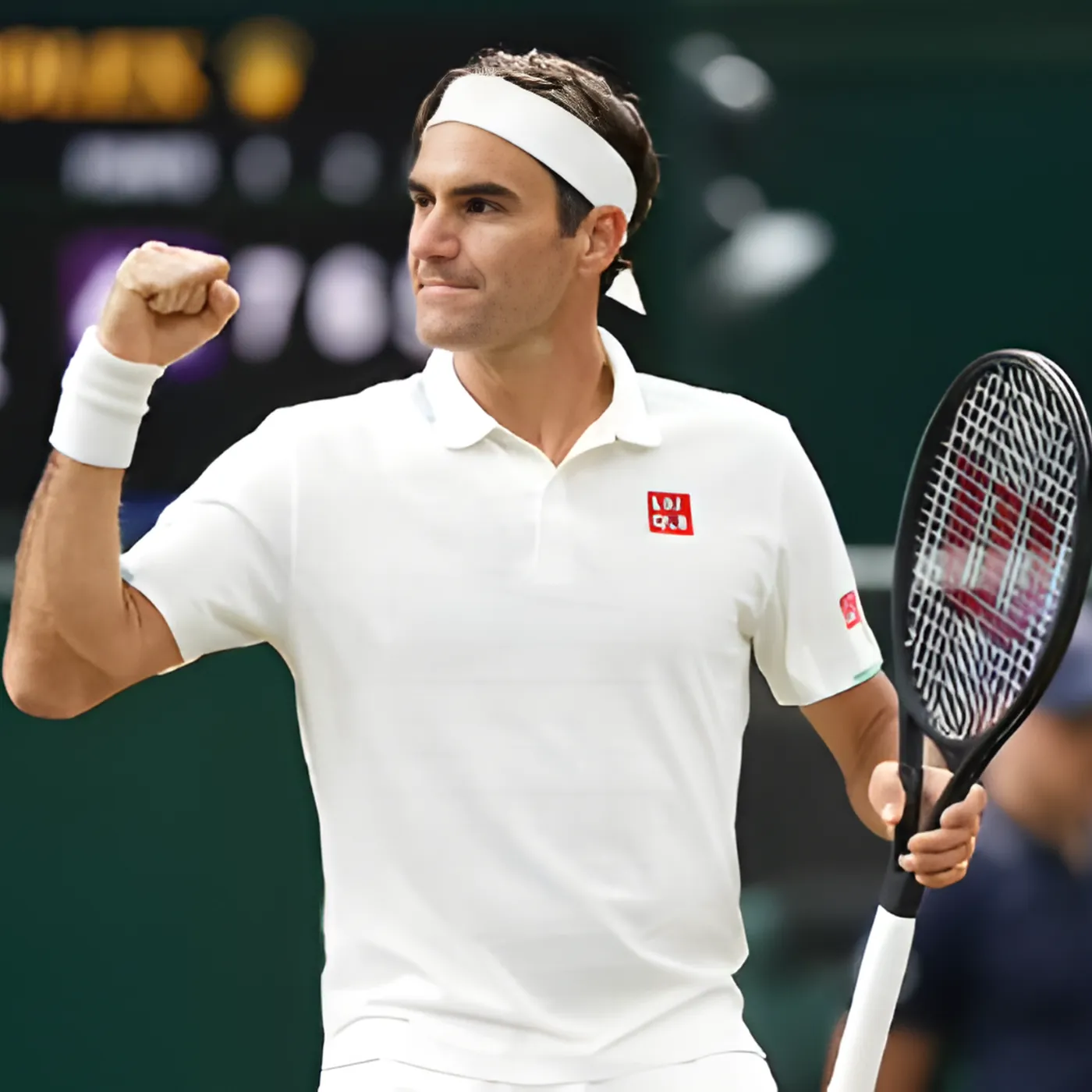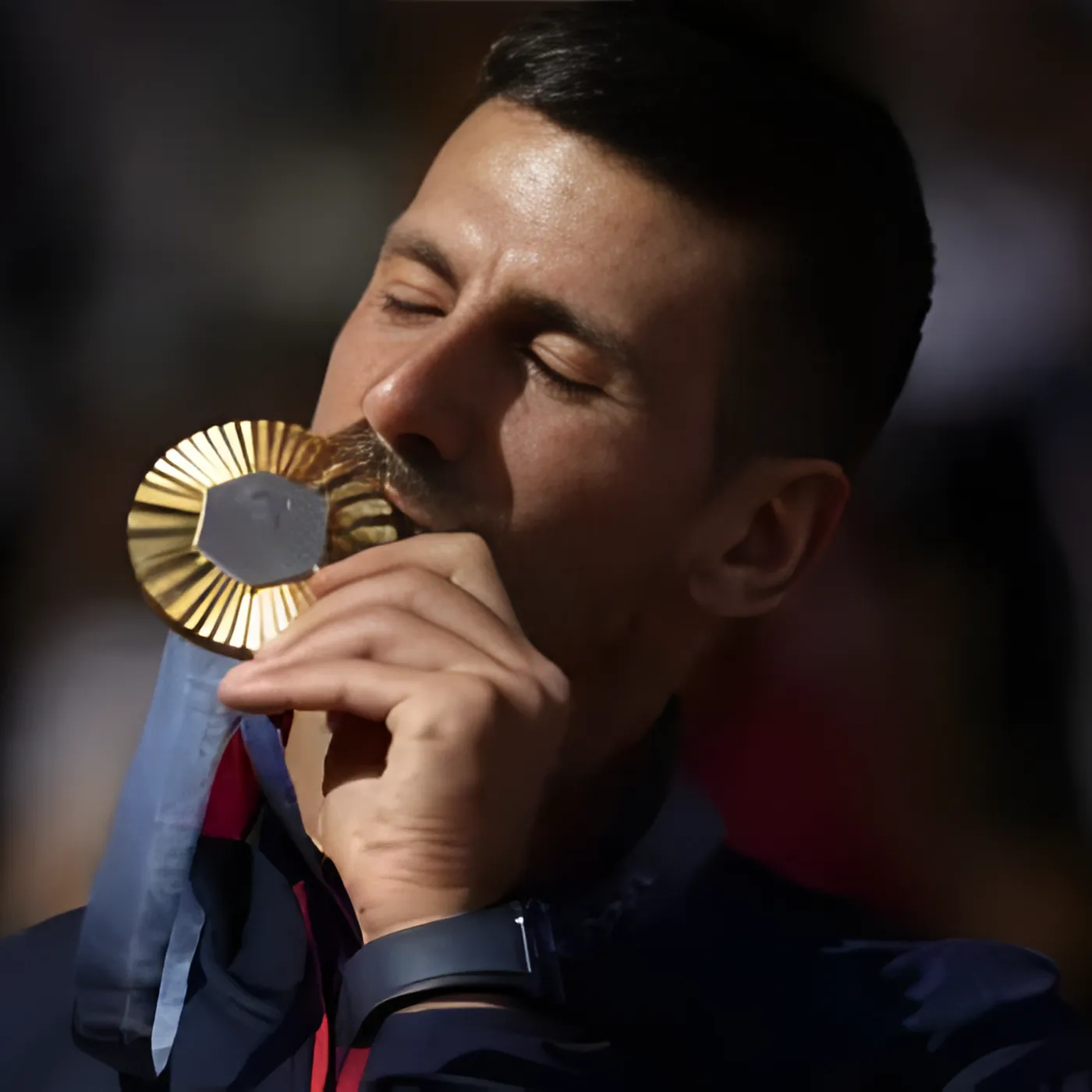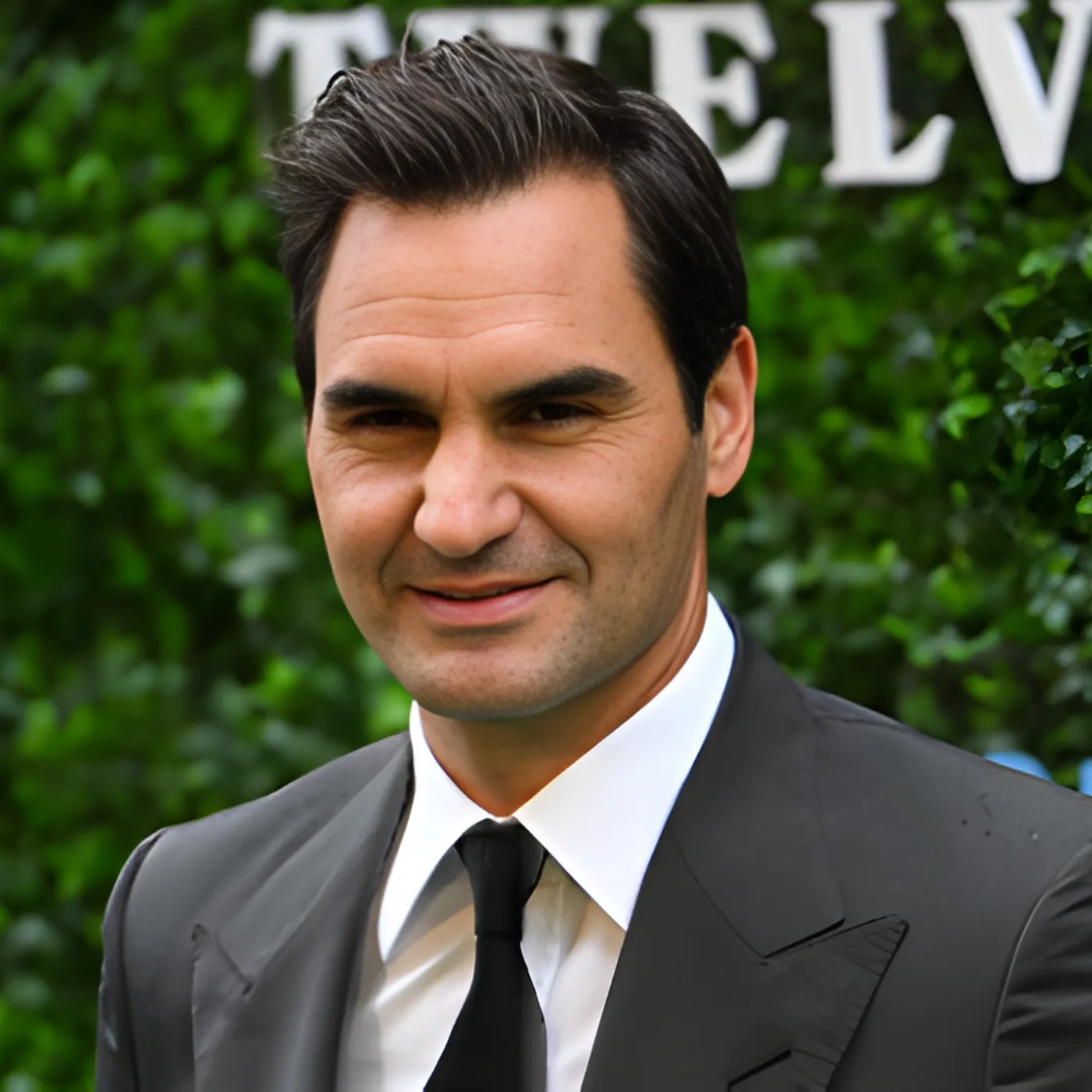
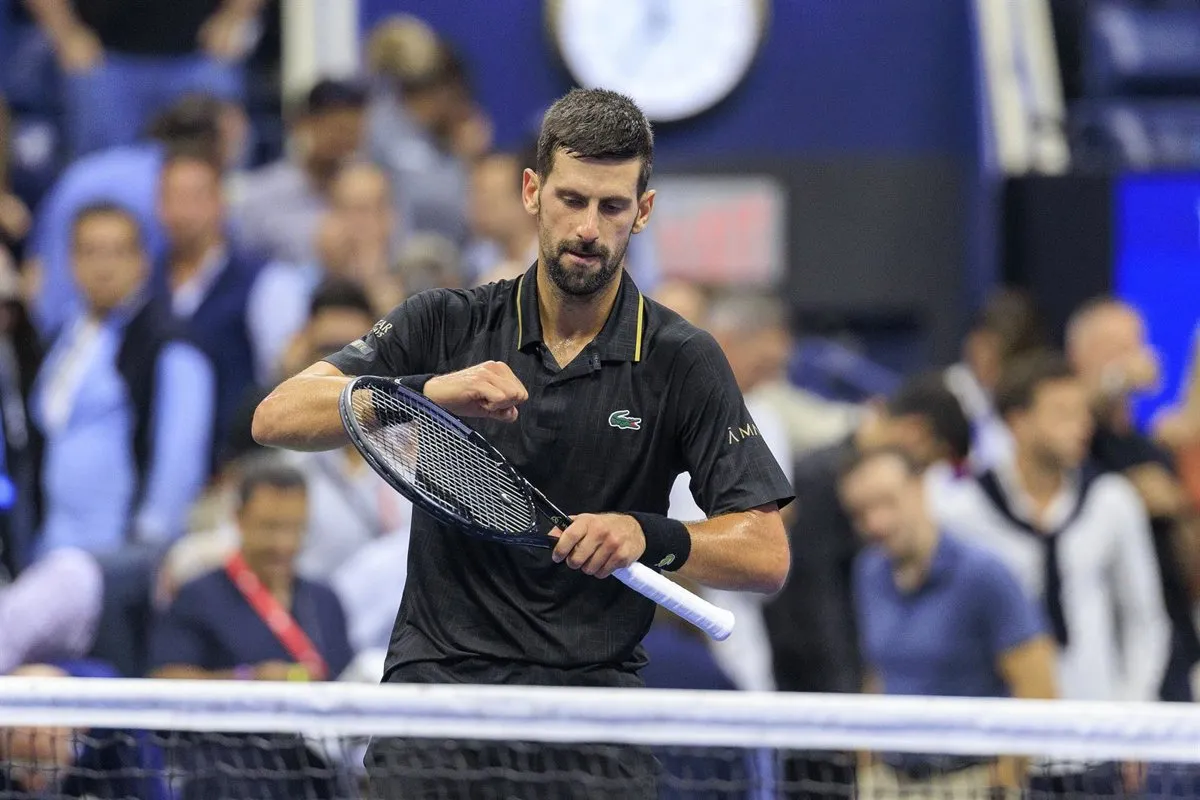
Novak Djokovic Becomes Rory McIlroy’s Secret Weapon Against Ryder Cup’s Hostile Bethpage Black Crowd
The anticipation for the next Ryder Cup is already reaching fever pitch, and much of the discussion revolves around the psychological battle awaiting Team Europe at Bethpage Black. Known as one of the most intimidating venues in golf, Bethpage Black will host a Ryder Cup where the American crowd is expected to be more boisterous and partisan than ever. At the center of this storm stands Rory McIlroy, the face of Team Europe, whose rivalry with the American players and his often fiery interactions with the galleries have become legendary. Yet, in a surprising twist, McIlroy may have found an unexpected ally in tennis legend Novak Djokovic, who could serve as his secret weapon in preparing for the cauldron-like atmosphere of New York.
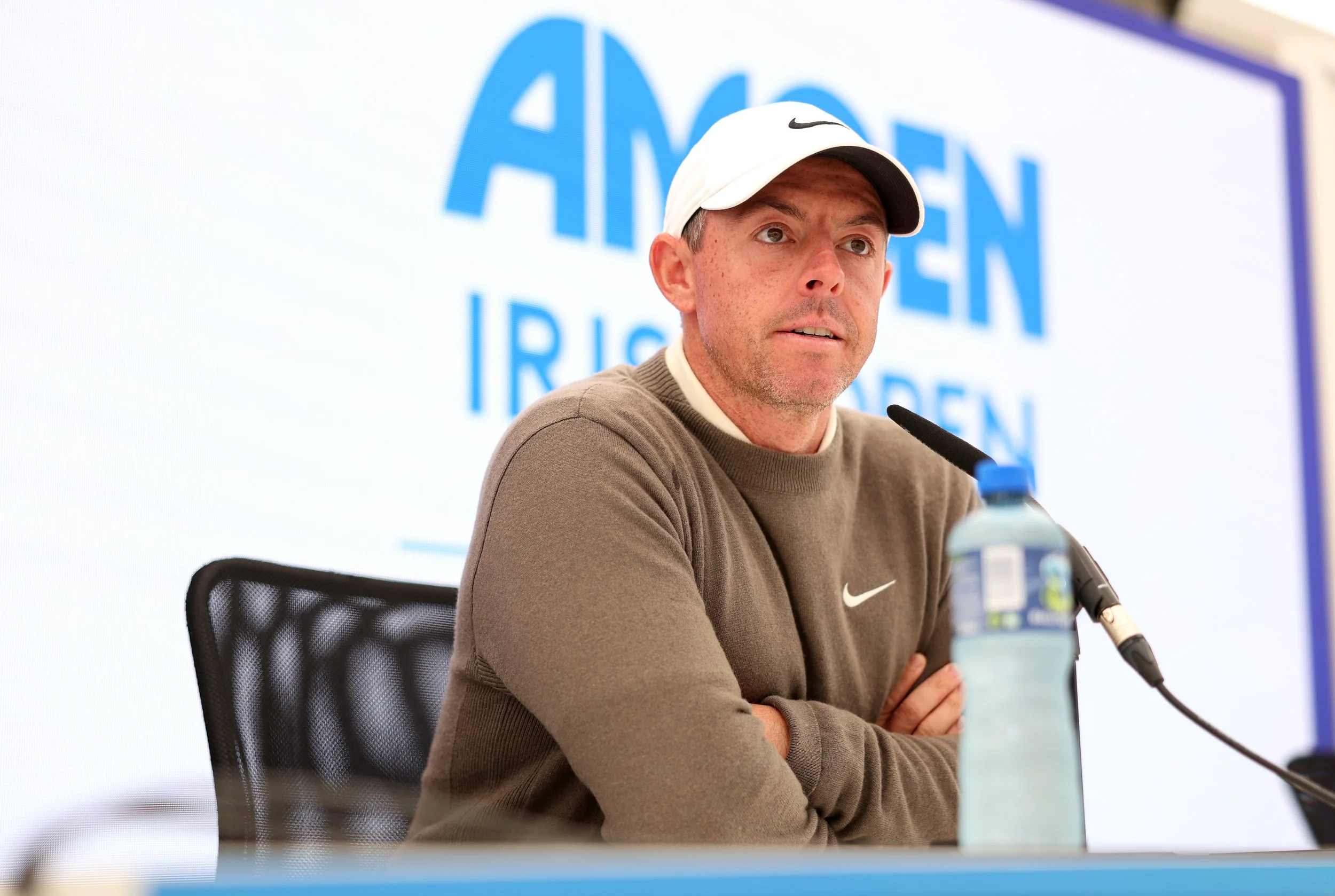
The Bethpage Black Factor
Anyone familiar with Bethpage Black understands why it strikes fear into visiting golfers. This public course, situated on Long Island, is notorious for its grueling layout, punishing rough, and raucous galleries that push the boundaries of golf etiquette. For the Americans, this energy is galvanizing; for the Europeans, it can be suffocating. The 2025 Ryder Cup promises to amplify this atmosphere, with the U.S. crowd determined to drown out their rivals with jeers, chants, and relentless partisanship. In past editions of the Ryder Cup on American soil, Team Europe has struggled to cope with the intensity of the crowd, often conceding early momentum to the U.S. squad.
This is where the connection to Novak Djokovic becomes particularly fascinating. Djokovic has built a career on thriving in hostile environments, whether it is silencing the partisan crowds at Wimbledon, turning boos into motivation at the U.S. Open, or dismantling fan favorites on their home turf. If there is any athlete who understands the mental warfare required to rise above a hostile audience, it is Djokovic.
Why Rory McIlroy Needs Djokovic’s Edge
Rory McIlroy has never shied away from confrontation. His passion and willingness to engage with fans—sometimes even firing back when provoked—have made him a lightning rod at Ryder Cups. Yet, this intensity has occasionally backfired, distracting him from his pure golfing brilliance. McIlroy’s challenge at Bethpage Black will not only be his swing or his putting but also his ability to keep his mind locked in while thousands of voices attempt to rattle him.
This is where Djokovic’s mindset becomes invaluable. Djokovic has mastered the art of channeling crowd hostility into focus. When the crowd roars against him, he steadies himself, fuels his inner fire, and transforms boos into a soundtrack for victory. His mental training, resilience techniques, and ability to feed off negative energy could provide McIlroy with a framework to sharpen his own psychological armor ahead of Bethpage.
For McIlroy, who thrives on emotion, having a blueprint from Djokovic could mean learning how to regulate passion rather than letting it spill over. Djokovic’s approach emphasizes calm breathing, deliberate pacing, and reframing negativity as fuel. These tools could be precisely what McIlroy needs to silence the noise and perform at his peak.
The Parallels Between Tennis and Golf
At first glance, tennis and golf seem worlds apart. One is a high-octane duel of physical stamina and speed, while the other demands patience and precision. Yet, the parallels in their mental demands are striking. Both sports require athletes to compete alone against not just their opponent, but also the energy of the crowd and the pressure of the moment.
For Djokovic, stepping into Arthur Ashe Stadium during the U.S. Open final against an American favorite mirrors what McIlroy will face at Bethpage Black. The roar, the chants, the subtle hostility—it all serves as a test of nerves. Like a golfer standing over a putt with fans heckling from the gallery, Djokovic knows the challenge of shutting out distractions while executing with precision.
McIlroy himself has drawn these comparisons in interviews, noting that elite golfers often find inspiration from other individual sports. Seeing how Djokovic has turned some of the most hostile crowds in sports into opportunities for greatness could serve as an emotional compass for Europe’s talisman.
The Power of Mind Games at the Ryder Cup
The Ryder Cup is not just a battle of golf swings; it is a theater of mind games. Players are not only facing their opponents but also the waves of energy—positive and negative—that flood the course. For Team USA, the home advantage extends beyond the grass; it lies in the chants of “USA! USA!” echoing through every fairway. For Team Europe, survival requires psychological resilience.
In this psychological battle, Novak Djokovic stands out as the ultimate example of mental fortitude. His ability to stare down adversity has been honed through years of duels against Roger Federer and Rafael Nadal, often in stadiums desperate to see him fail. Instead of folding, Djokovic thrived. He built an identity as the player who could silence even the most partisan crowd. For McIlroy, adopting this mentality at Bethpage could mean the difference between faltering under pressure or emerging as Europe’s warrior.
The Symbolic Alliance of Champions
It is more than just psychology that makes this potential partnership intriguing. Both McIlroy and Djokovic share a relentless pursuit of greatness, a drive to prove themselves against the best, and an understanding that legacy is defined by performance under pressure. Their bond could symbolize a merging of two worlds—tennis and golf, Europe and the global stage—into a shared philosophy of resilience.
Imagine McIlroy arriving at Bethpage not only with his clubs and caddie but also with a playbook inspired by Djokovic: a guide to embracing hostility rather than fearing it. It would send a powerful message to his teammates and to the American fans that Europe is prepared not just technically, but mentally, for the storm.
The Impact on Team Europe
The influence of Djokovic’s mindset would not be limited to McIlroy. As Europe’s leader, McIlroy’s ability to project calmness and control under fire will ripple through the entire team. Younger players, stepping into the Ryder Cup for the first time, often struggle most with the overwhelming atmosphere. If McIlroy demonstrates Djokovic-like composure, it will set a tone of resilience that his teammates can emulate.
Moreover, the psychological warfare could even unsettle Team USA. The crowd expects reactions. They expect to rattle McIlroy, to see him bristle, to see him throw a glance or mutter under his breath. If instead, they find him serene, smiling, and unshaken, it could dull their impact and flip the script. In essence, McIlroy could weaponize Djokovic’s philosophy to turn Bethpage’s greatest strength—its crowd—into a wasted effort.
A Glimpse of the Future
Sports thrive on these crossovers, where champions from different arenas inspire one another. Just as basketball players admire soccer stars, or footballers learn from sprinters, golf and tennis can share lessons in resilience. If McIlroy truly embraces Djokovic as his secret weapon, it might set a precedent for future Ryder Cups, where preparation extends beyond swing mechanics into the realm of psychological mastery.
Bethpage Black is not just a golf course; it is a crucible. To conquer it, McIlroy will need every tool at his disposal. With Djokovic’s example lighting the path, he could walk into the cauldron not as a target of hostility, but as a master of it.

Conclusion: Turning Hostility Into Fuel
The narrative of the 2025 Ryder Cup is already shaping into one of Europe versus not just America, but against the voice of thousands of fans roaring in unison. For Rory McIlroy, the challenge will be immense. Yet, the presence of Novak Djokovic as a guiding influence offers hope that Europe’s star can channel the energy of the crowd into something powerful.
In sport, the greatest triumphs often come not when conditions are favorable, but when the odds are stacked against you. Djokovic’s career is proof of this truth, and McIlroy now has the chance to follow that blueprint. If he succeeds, the Bethpage Black crowd will not be remembered as his downfall, but as the backdrop against which he achieved his most defining Ryder Cup performance.
By transforming hostility into motivation, Rory McIlroy could cement his place not only as Europe’s leader but as a golfer who, like Djokovic in tennis, thrived when the world seemed determined to see him fail.








